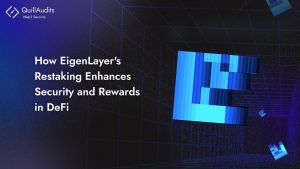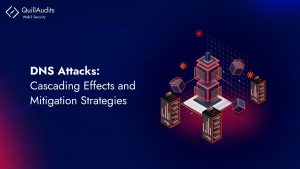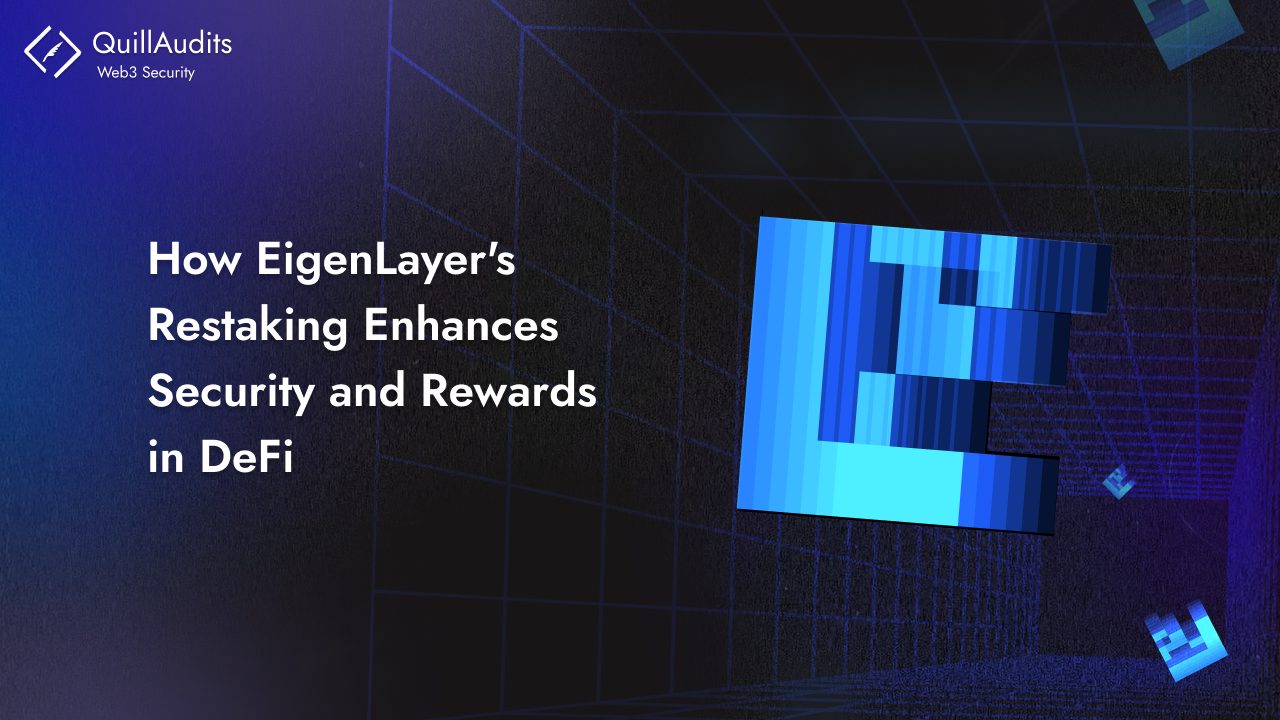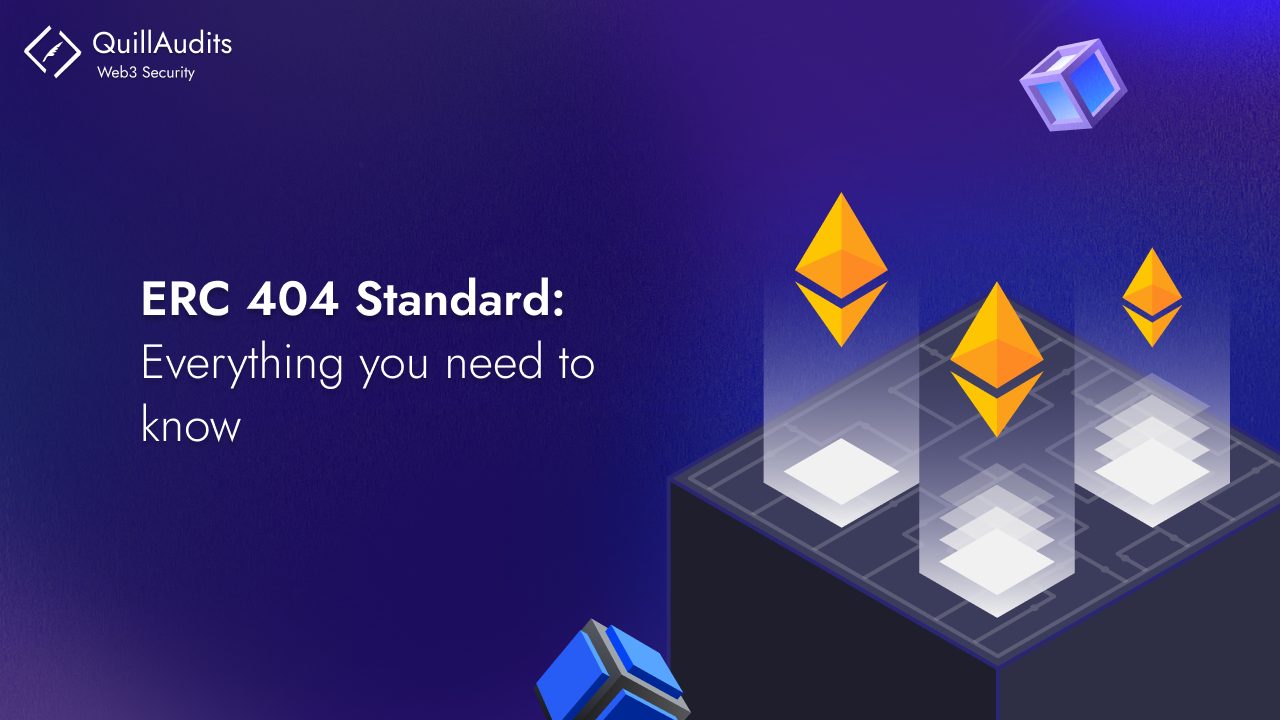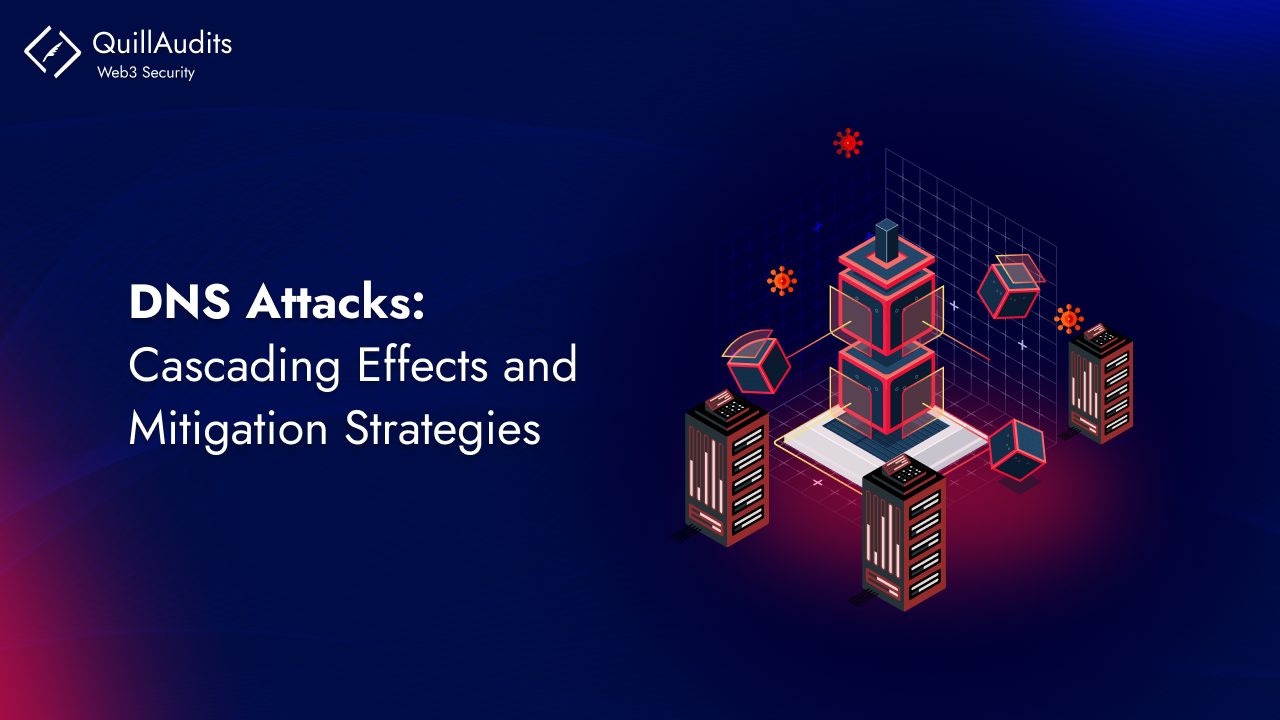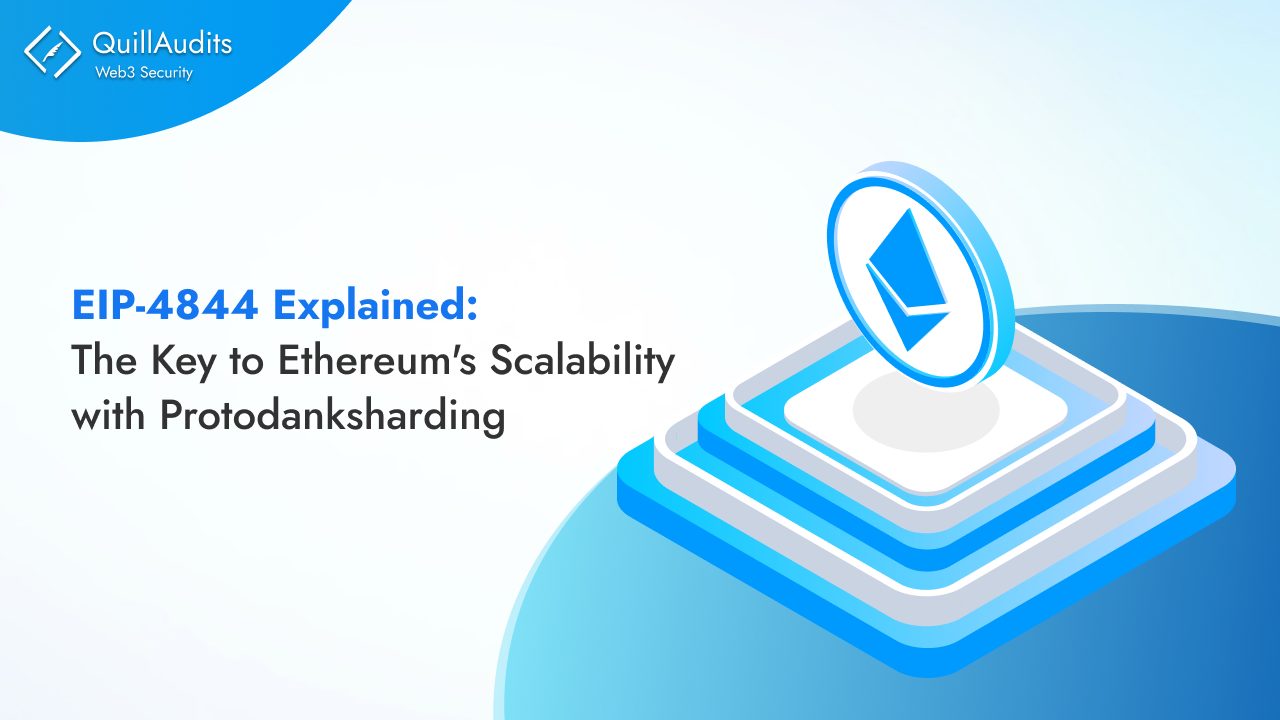With the consistent progression in technology, blockchain tech seems to be the most promising in terms of security and efficiency in today’s times.
The blockchain concept, in simpler terms, is a network consisting of several nodes to validate the transaction, and the data is stored in a public ledger. And what’s the catch about this is that the data that live on the public distributed ledger cannot be tampered with or mutated, thus strengthening security.
Look at how transactions are performed in blockchain, where the smart contracts rope in. What’s its significance?
What Are Smart Contracts And The Role Played By Them?
Smart contracts are programmed instructions coded with functions and data to execute transactions on the blockchain. When a user requests a transaction, the smart contract verifies the buyer and seller conditions are satisfied.
Once the validation, it automates the transaction without any intermediaries. Thus, it makes it crucial to ensure the security of smart contracts; it often leads to substantial financial losses.
What Are The Potential Security Threats That Smart Contracts Can Face?
Indisputably smart contracts make the show run in blockchain, so it is important to be strongly secure. But at times, smart contracts are exposed to vulnerabilities, and below is an attempt to list all the kinds of security attacks that smart contracts are open to.
Broadly, smart contract issues are classified into three types,
- Operational risks occur at the authorization feature level with poor network governance. And that causes altering the functionality of assets, burning or self-destruct functions, etc.
- Implementation risks that cause unintended smart contract behavior like unauthorized transfers.
- Design risk wherein the default features are mishandled to inflict the change in the intended execution of smart contracts. This can result in untrusted control flow, asynchronous transaction processing, etc.
How To Tackle The Security Issues Of Smart Contracts?
Here are a few ways to approach the security threats imposed on smart contracts.
- Code the smart contract properly with an ideal programming language
- A periodic pentesting to audit the security of smart contracts and know if it’s exposed to any threats.
- Follow the defined blockchain security checklist.
- Making use of automated vulnerability scanners to keep tabs on the security attacks.
- Use security audit tools to monitor the blockchain and smart contracts.
- Spot the untrusted contracts and mark them
How Crucial Is Smart Contract Auditing?
Undeniably blockchain technology is creating a notable impression in every sector it is stepping in. However, the major hindrance that comes along its way in ensuring security. Smart contracts are tailored to brief out the transaction protocols; there are times when they are exposed to security vulnerabilities.
That’s when smart contract auditing gains its hold in identifying the bugs and preventing malicious attacks from hackers. Smart contract audits from a trustworthy firm such as QuillAudits are a must to spot any discrepancies in the smart contracts before deploying to assure the security of investing in the DeFi landscape. Below are some of the issues addressed through the audits.
- Smart Contract code optimization
- Improve smart contract performance
- Enhance security against attacks
Process Involved In Smart Contract Auditing
Collecting details: All the smart contract specifications are gathered in the first place to understand its intended notion of it. Smart contract auditing companies achieve this by asking to fill in the forms that have fields to specify the details of the project.
Manual testing of contracts: The code given in the contracts is reviewed line by line and verified if it meets the intended purpose. Manual tests are carried out to identify common discrepancies like overflows, service denial, etc.
Run tests using automated tools: “To err is human,” so as the line says, automated tools are used to find out the overlooked errors during manual testing. Some of the tools used for catching the bugs are listed in the following paragraph.
What Are The Security Tools You Can Use For Smart Contracts?
It is important to deploy security tools for smart contracts to minimize or nullify errors while executing functions.
- Oyente: To detect common vulnerabilities in smart contracts
- SmartInspect: Analyses smart contracts through decompilation techniques
- GasTap: Prevents gas vulnerability
- Securify: Online static analysis tool to furnish security details on vulnerability patterns
- Vandal: A static security analysis framework for translating the smart contract bytecodes to logic relations.
- Ethereum graph debugger: EVM debugging tool to display the overall program in graphical analysis.
Wrapping Up
With the technology taking a rapid shift towards blockchain across various sectors such as health care, supply chain, finance, etc., smart contracts are becoming well-known for their trust, precision, and cost-efficiency.
Though they are far better than traditional legal contracts, various hidden vulnerabilities threaten security. Thus it is increasingly important to adopt the best possible methods to ensure they are resistant to security attacks while coding it.


